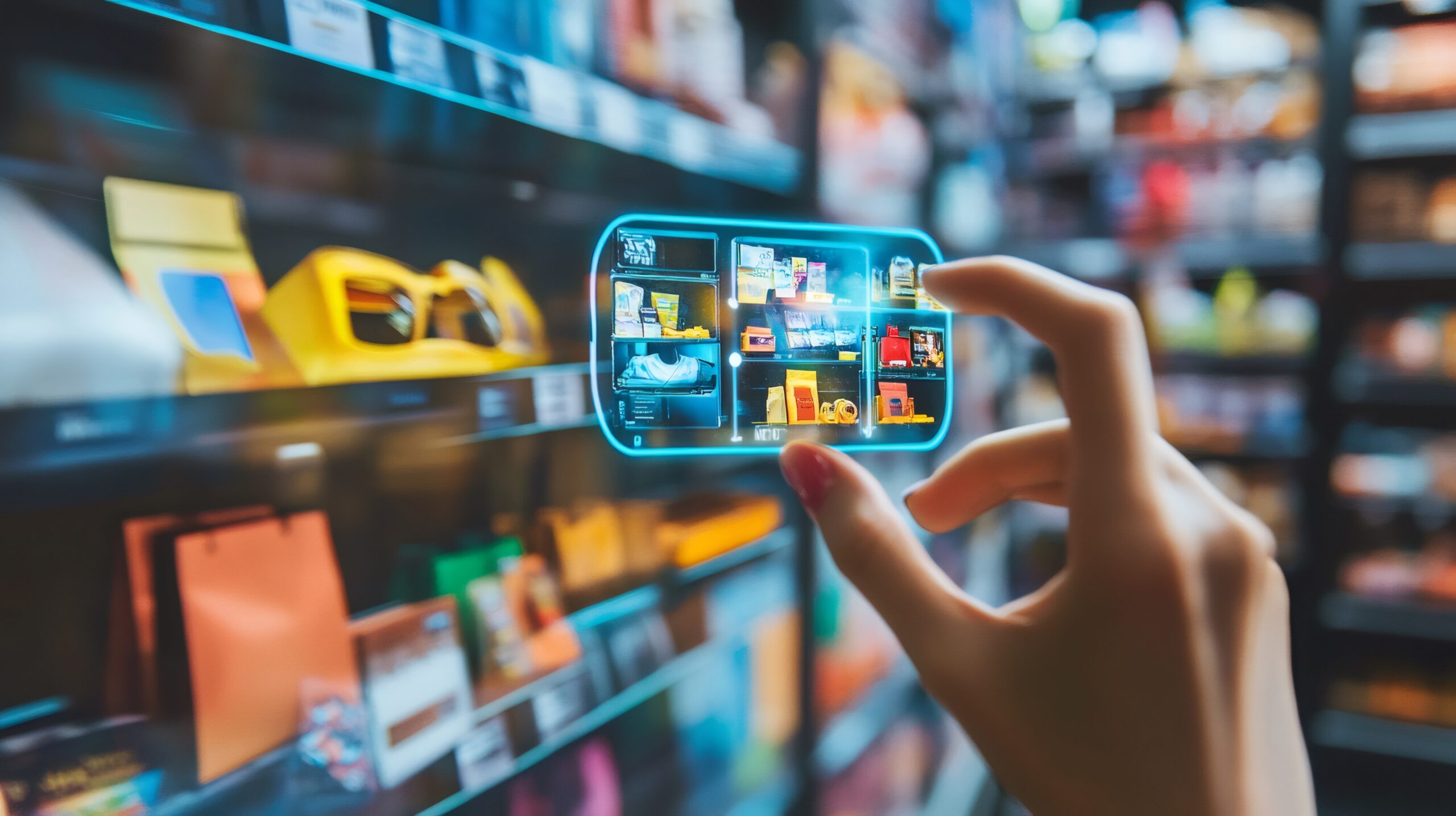In honor of Earth Day, we take a look at why there is consumer and legislative pressure on businesses to implement transparent, sustainable practices, and how the right foundation of product information and the right intelligent technology can help businesses drive real change, both for the planet and for their customers.

Keywords
Other than one exceptional purchase for a bridesmaid dress (unfortunately, my local thrift store didn’t have many chiffon gowns in ‘Desert Rose’), I was able to stick to my resolutions.
What did I learn? Not only have I surprised myself at how crafty I can get with mixing up my existing wardrobe and how I really don’t need a new outfit for every trip I go on, but this past year really emphasized how bad overconsumption has gotten, for me and for everyone else.
We are bombarded with the must-have latest styles that change every few weeks, pushed to “buy now before you miss out”, and every company claims to have the latest and greatest life-changing product or serum.
It’s really no surprise that this relentless consumerism contributes to a throwaway culture that’s taking a serious toll on our planet; according to the documentary The Story of Stuff, only one percent of items are still in use 6 months after purchase.
The Swiss-based WWF said in its Living Planet Report that more than three quarters of the world's population lives in countries whose consumption levels are outstripping environmental renewal, and concluded that reckless consumption of "natural capital" was endangering the world's future prosperity, with clear economic impacts including high costs for food, water and energy.
If our demands on the planet continue to increase at the same rate, by the mid-2030s we would need the equivalent of two planets to maintain our lifestyles.
The good news is that it’s not all doom and gloom; it seems that I’m not the only consumer who’s starting to realize the impact that their consumption of low-quality, environmentally damaging products can have on the planet, and are directing their dollars in response.
According to one Vox reporter’s survey, the number one change people said they wanted to maintain after the pandemic was to reduce their consumerism. We conducted a survey last year and found that 2/3 of consumers now spend more time researching and validating purchases than before.
Consumers are now considering a broader range of factors before making a purchase, embracing principles like:
Aside from just consumer pressure, there will be legal pressure coming as soon as 2026.
Unveiled by the EU in 2022 as part of a broader package designed to make sustainable products the norm in Europe, Digital Product Passports will serve as comprehensive digital records that gather and share crucial data about a product's environmental footprint, from its initial design through to its end-of-life. This includes detailed information on the materials used, sustainability credentials, repair data, and other essential data such as the product's unique identifier, model, place and date of manufacture, and warranty details.
If you’re a seller within the EU market, the DPP regulation means you’ll need to provide extensive details about every material in your products, how and where they are made, and their environmental impact.
As both consumer and legislative demand for detailed product information and long-lasting, sustainable products continue to grow, businesses face the critical task of leveraging the right technology to not only gather but effectively manage and distribute crucial data. In a marketplace that values transparency and personalized experiences, AI can be a pivotal tool in meeting these demands, staying compliant with increasingly stringent regulations, and transforming how information is organized, enriched, and shared with consumers.
Let’s take a look at a few key ways AI can help:
AI can streamline data management by cleansing databases of inaccuracies and inconsistencies, ensuring that the product information shared with consumers is reliable and trustworthy which is crucial for building brand credibility and customer loyalty.
AI systems can be designed to ensure that every product has the necessary documentation, such as DPP, and adheres to industry standards. This is particularly important in sectors like healthcare, finance, and manufacturing, where regulatory compliance is stringent, but will become more important to all industries as more eco-friendly legislation is passed.
AI can track and record each touchpoint in a product’s supply chain, from raw materials to final delivery. This transparency is not only vital for compliance with regulations like the DPP but also aligns with consumer expectations for ethical sourcing and sustainability.
By analyzing data on consumer behavior and product materials, AI can recommend products made of similar recycled or sustainable materials, not only enhancing the shopping experience by providing personalized options but also promoting environmentally-friendly products.
AI-driven chatbots can handle routine inquiries, providing instant responses to common questions, allowing human support staff to focus on more complex and nuanced customer needs.
AI excels in personalizing content based on consumer data and localizing it to meet regional regulations and cultural nuances. This tailored content is more engaging for users and ensures that products meet local regulations, increasing the likelihood of conversion and repeat business.
Last year on Earth Day, I took a look at my consumption habits and made a decision to prioritize long-lasting products from companies I could trust.
This year, I’ll be continuing my journey with smart, resourceful consumerism and encourage others to do the same. As consumers, opting for quality over quantity, supporting ethical brands, and pushing for better environmental regulations can lessen our impact and ensure a healthier planet.
As businesses, implementing technologies like AI can significantly enhance the way we manage, share, and utilize information, transforming consumer experiences and encouraging trust and transparency. By doing so, businesses can position themselves as leaders in a competitive, eco-conscious market and lead the charge towards a greener, more informed world.
Determine your organization’s AI readiness level in this comprehensive, personalized assessment.


Discover what makes Akeneo more than just a workplace. From fostering a culture of care and work-life balance to providing opportunities for growth...
Read more
2024 has been a year to remember for Akeneo. For the third day of PXMas, we’re sharing the stories behind just a few of the prestigious awards...
Read more
The traditional methods that brands and retailers have been using to win customer's attention on the physical shelf for decades won't always...
Read more